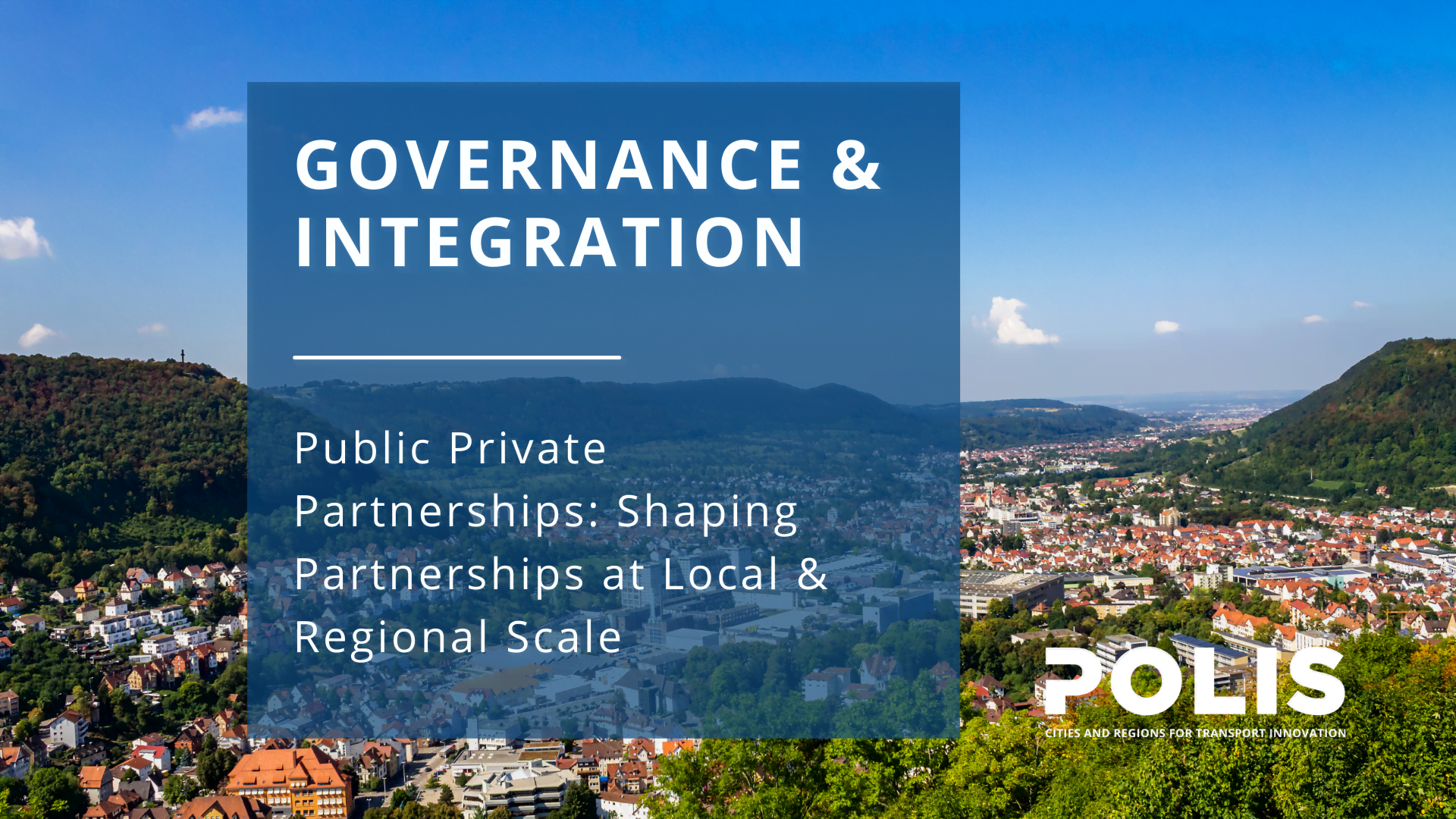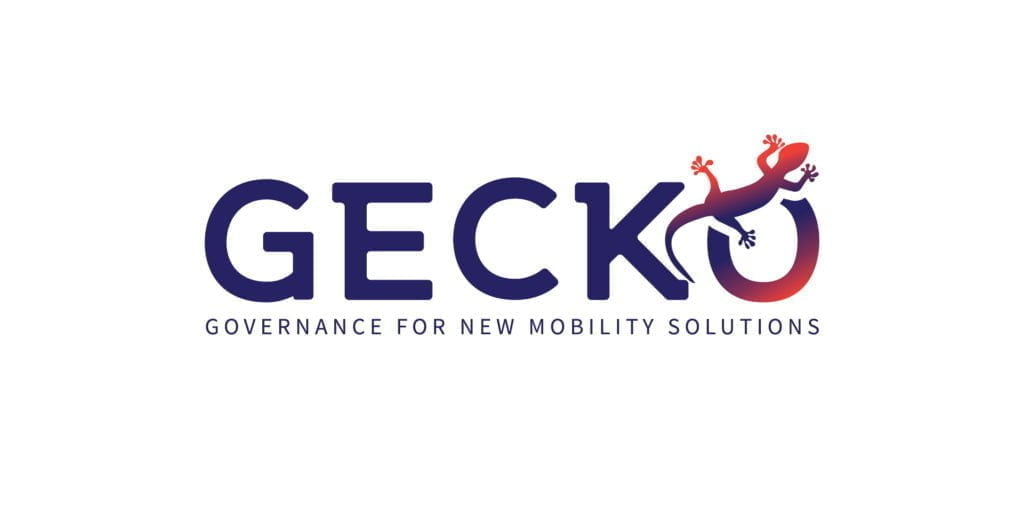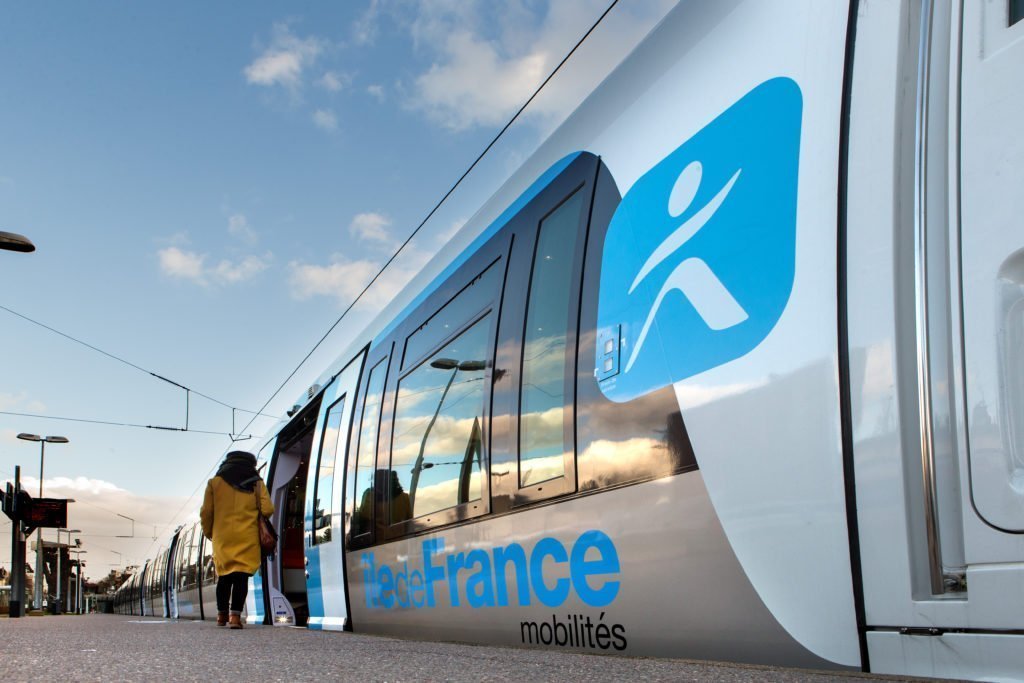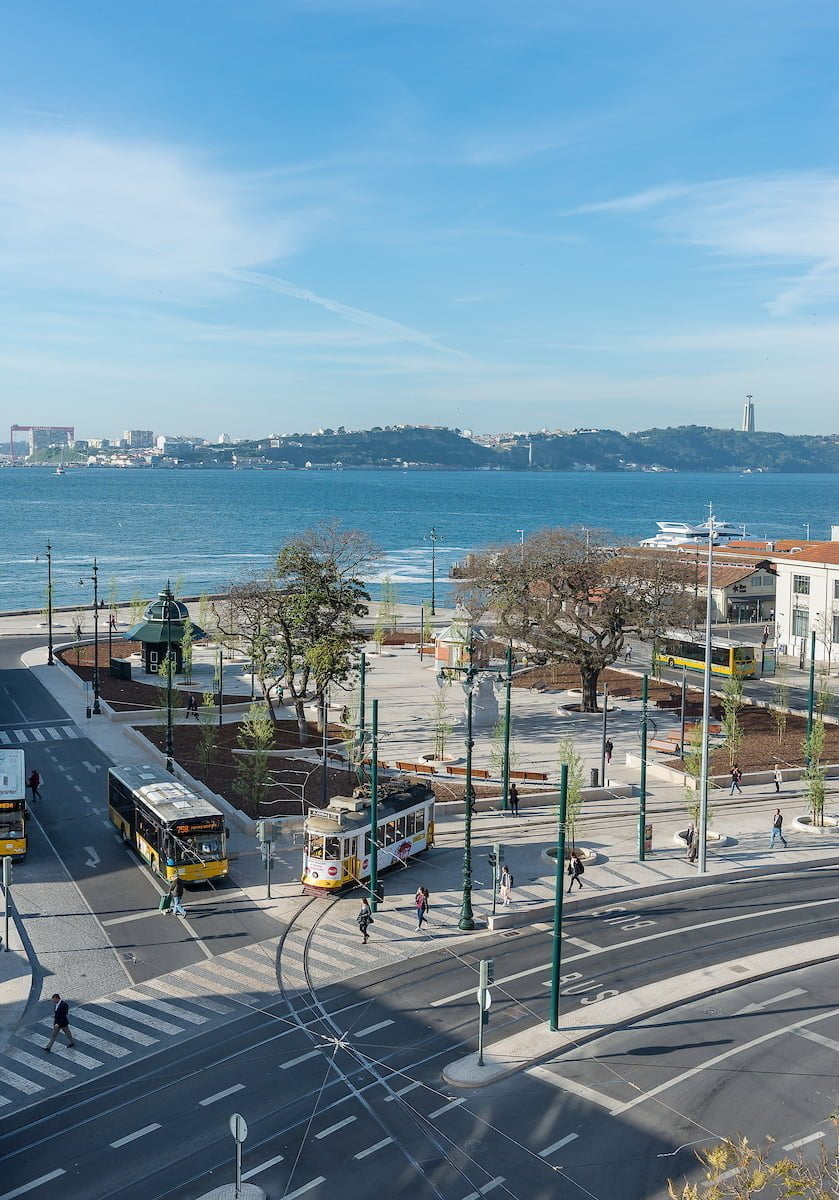Public Private Partnerships: Local & Regional Scales
Achieving sustainability goals means building alliances and working together. Both local authorities and private operators are pioneering exciting new mobility services, so how can we pool our resources?
On 6 and 7 May 2021 POLIS’ Working Group Governance & Integration met to discuss the role of public-private partnerships for the next generation of urban transport.
Over the last decade the urban mobility landscape has undergone a metamorphosis. New, low carbon, digitally enabled services have emerged, transforming how we navigate the city.
This has held exciting repercussions for sustainable mobility agendas. However, new opportunities have also brought new governance challenges.
If the shift to sustainable mobility is to be accelerated, users need a wider “menu” with affordable, versatile, safe, and reliable alternatives. Mass public transport provides the backbone, but cannot respond to all needs, nor provide all options. The energy and the innovation capacity of new mobility services can be a precious resource – but, for that to happen, we need a shared vision, appropriate regulatory frameworks, fair public private partnerships, and practical solutions.
Across 4 sessions the group discussed frameworks, data sharing and partnerships – with particular attention to micromobility and lessons learned from activity across European cities so far.
The meetings were a unique opportunity to bring local authorities and mobility operators together for a comprehensive and strategic dialogue, assessing the current mobility landscape, identifying key challenges, and determining capacity for collaboration.
Kicking it off: Regions take the stage
The first session explored partnerships at a regional level. Regions play key – yet complex – roles in the development of public-private partnerships across mobility operations. Many POLIS member regions operate a multitude of services across extensive urban, peri-urban, and rural areas, holding a spectrum of partnerships with private bus, train, and shared mobility operators.
The meeting was an opportunity for cities and regions to hear more about how their neighbours are coordinating partnerships, while also hearing from private operators.
It answered several key questions facing cities and regions:
- How can (and how are) local authorities developing partnerships with private operators?
- What different partnerships models are available?
- How can these models be adapted to new mobility services and technologies?
- How can expertise and resources best be optimised?
POLIS members, Île-de-France (IdF) and Catalonia presented how they have been establishing long-term partnerships to serve the diverse needs of users across their regions, while Moscow and Lisbon explored how their city’s partnerships spread beyond the central metropolis.
The GECKO project: Is the current regulatory landscape fit for purpose?
The GECKO project, a Horizon 2020 initiative, coordinated by UITP and other consortium partners, including POLIS, has been working closely on governance models for new mobility services.
“Our goal is to support local authorities with regulatory frameworks, producing a roadmap for stakeholders,” said Anastasia Tsvetkova, from the project.
The project has recently released a report exploring how governance and regulation is being approached, detailing the different instruments currently underway at EU, National and local levels- and particular importance of the latter.
.
What localities are doing: Micro mobilities, big actions
Île-de-France (IdF): A MaaS-ive partnership ecosystem
Aurelien Belhocine presented mobility as a service across the region. IdF is home to 12.3million inhabitants, with 43million trips per day, 9.4 of which at made via public transport.
Mr. Belhocine outlined the multiplicity of ways IdF works alongside private operators on a day-to-day level, which have been instrumental in supporting and developing IdF’s services:
- Contracts with operators
- Financing agreements
- Promotion of activities like carpooling
- Labels- ensuring quality of service are in line with mobility policies (Park&Ride, carsharing)
- service contracts, with companies building their digital tools
- MaaS contracts
- Open data license
- R&D projects, with startups and research institutes, developing MaaS applications and testing functions of tools
Catalonia cooperates for change
Cristina Pou from Catalonia explored how regional level partnerships support the inter-urban bus network which operate across the region’s four provinces.
The region’s bus networks, such as the Expres.cat line, have been growing exponentially since their establishment.
The lines have been instrumental in connecting peri-urban and rural regions. This has been supported by new digital services such as Clic.cat, which enables passengers to book the bus and view operations in real time.
Moscow: Making micro matter
The Russian capital, (and new POLIS member) Moscow presented the ways the city is establishing partnerships across surface transport.
Over the last few years, the Russian capital has been developing its mobility services, instituting new cleaner and accessible modes of travel. The city (which boasts the densest rail transport network and world-record growth rate in the number of electric buses on city routes) has been developing smart parking and ticket systems, new cycle infrastructure and ride sharing solutions.
Carsharing, e-mobility and ticketing systems are central points for public-private partnerships, which have helped develop these services.
Lisbon: A Word from a new private operator
Lisbon’s modal split is changing rapidly. Car use, which accounts for almost 60% of trips, is fast being eroded by active travel options.
Faustino Gomes, CEO of TML – a newly formed public transport authority – explained how this is transforming the ways mobility is offered in the region.
How do we incentivise private operators?
Public authorities play a key role in incentivising private operators to help them facilitate the shift to sustainable mobility. So, what should these incentives look like? The meeting offered a chance for local authorities to quiz operators on how they could be supported in rolling out new services.
Responses revealed, operators required the correct infrastructure, such as parking, development of peri-urban locations.
Key takeaways
- Public authorities are working alongside private operators in a range of ways, creating partnerships which facilitate high quality services;
- There are a range of partnership models being pioneered by regions across Europe, which can be leveraged and adapted to local needs;
- As new mobility services emerge, new governance models are needed, and existing ones must be revisited to ensure their continued viability;
- COVID-19 has seen new collaborations as new services have expanded. Some changes are here to stay, others may fall away; however, they have shown the need for more flexible use of public space, which requires equally flexible partnerships and governance agendas;
- The private sector also guides individual mobility behaviour. Companies can lead the change by setting long-term ambitions and implementing corporate policies that encourage and incentivize cleaner and healthier mobility choices. Milena Klasing-Chen from the World business council for sustainable development (WBCSD) attended the meeting and encouraged local authorities to reach out regarding their programme, the Corporate Mobility Pact.
Remaining challenges
- Capital intensity of business models- how can partnerships react to different financial needs? According to GECKO research, the more capital-intensive an innovation is, the more collaboration and experimentation happens at first. While for less capital-intensive innovations (e.g. e-scooters), often authorities only manage to react to those innovations after they are introduced on the streets. A more proactive approach should be possible to at least ensure that these innovations contribute to local mobility goals rather than create challenges.
- Reacting to regulatory changes: As regulations surrounding mobility (such as data sharing) change, partnerships must be revisited and adapted accordingly. This raises technical and legal challenges for both parties.
The following sessions were:
- Sharing Data from Shared Micromobility
- Partnering to fill the gaps of mass transit
- Shared Micromobility: taking stock of the rolling stock
Want to know more about our working groups?
POLIS working groups bring our members together to discuss the leading urban mobility issues, share best practices and debate the way forward. Our Working Group meetings are open to POLIS members only, For more information regarding membership please contact our Membership Manager, Pasquale Cancellara.




